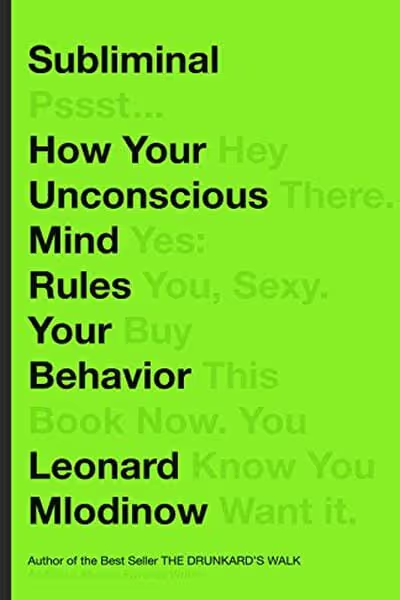Take Pride
A respected psychologist explains how pride, our most misunderstood emotion, has created our minds and society, and how we may use it to our advantage.
Why did Paul Gauguin leave a comfortable middle-class existence to pursue a career as a starving artist? What accounts for Steve Jobs' huge success as a man with excellent ideas but mediocre programming abilities and a problematic management style? How did Dean Karnazes, the world-famous "Ultramarathon Man," go from a haphazard desk jockey to an extraordinary athlete who once ran fifty marathons in fifty days?
Each of these super achievers was inspired by an often vilified feeling: pride, as renowned emotion researcher Jessica Tracy demonstrates in her book Take Pride. Although pride has a nasty, hubristic side, Tracy demonstrates that it is also necessary for us to grow into our finest, brightest selves. Pride motivates us to strive for greatness by making us concerned about how others see us and how we perceive ourselves. It has been shown to promote creativity, encourage compassion, and confer power and prestige on individuals who express it in the correct doses and settings. While pride may inspire acts of brilliance, Tracy notes that it can also drive individuals to commit acts of seeming lunacy and spectacular self-destruction, leading some people to seek status by intimidation, dishonesty, and self-aggrandizement rather than hard effort. Avoiding the negative types of pride while cultivating the positive ones might be the key to success.
Tracy explores why our species developed pride in both good and terrible forms, and how we may use this double-edged feeling to our advantage rather than the other way around in Take Pride.
























































